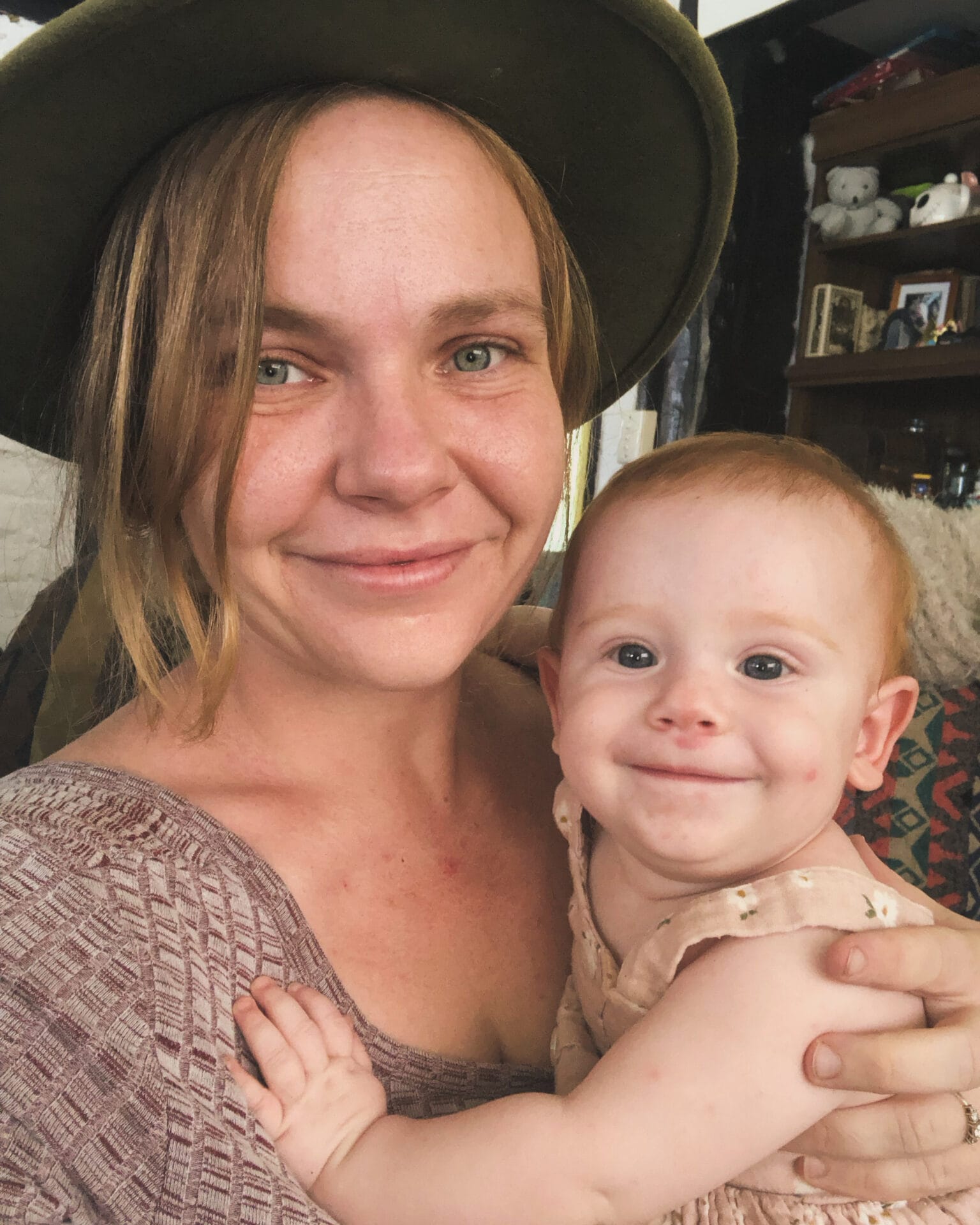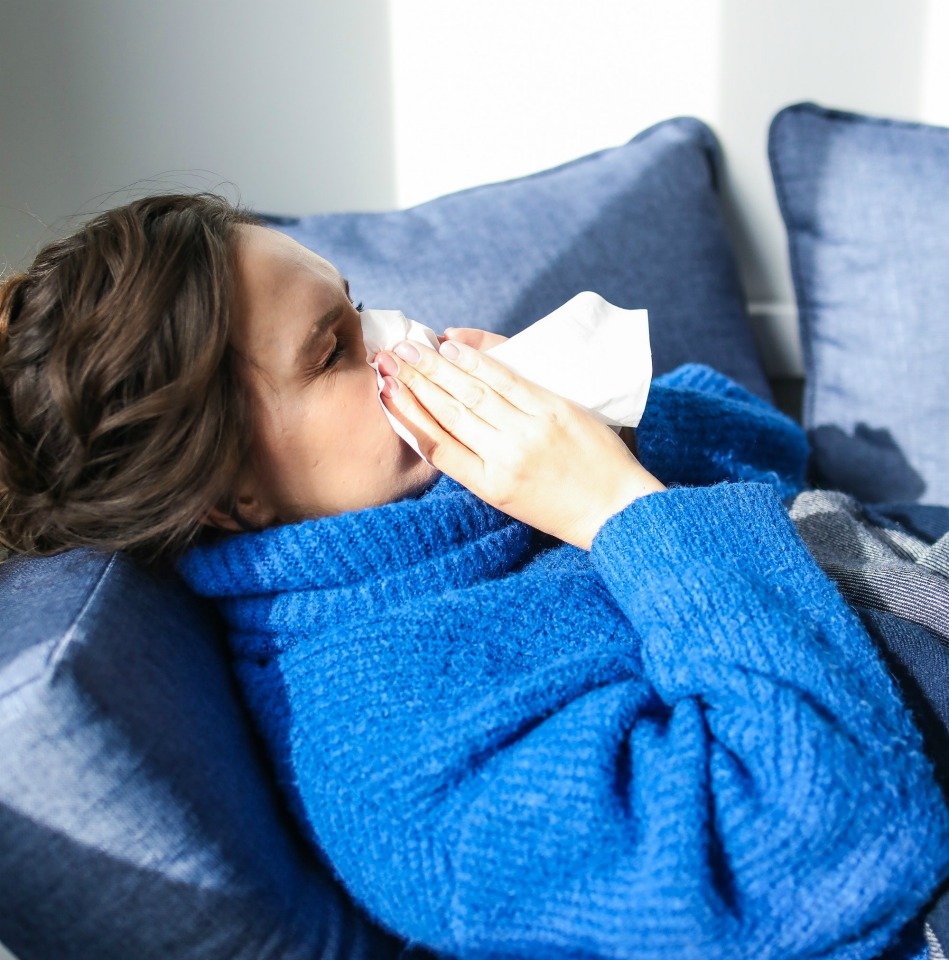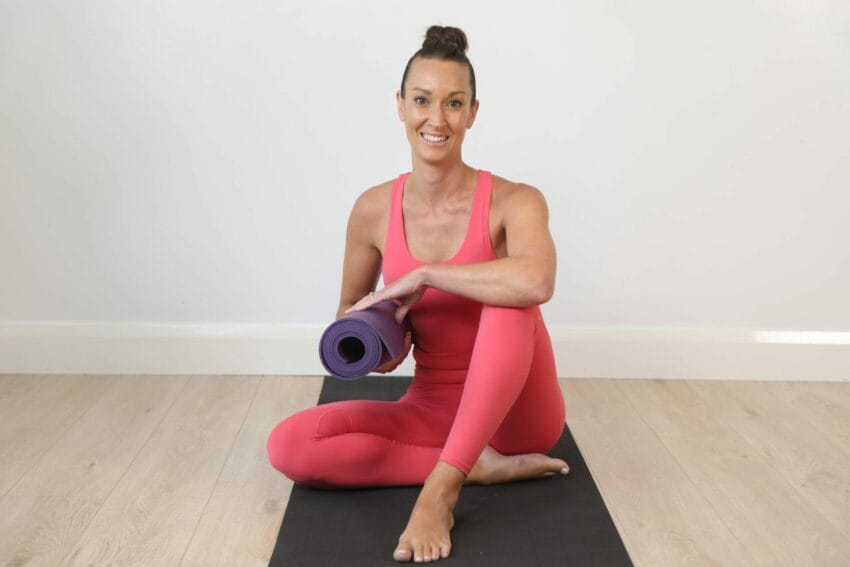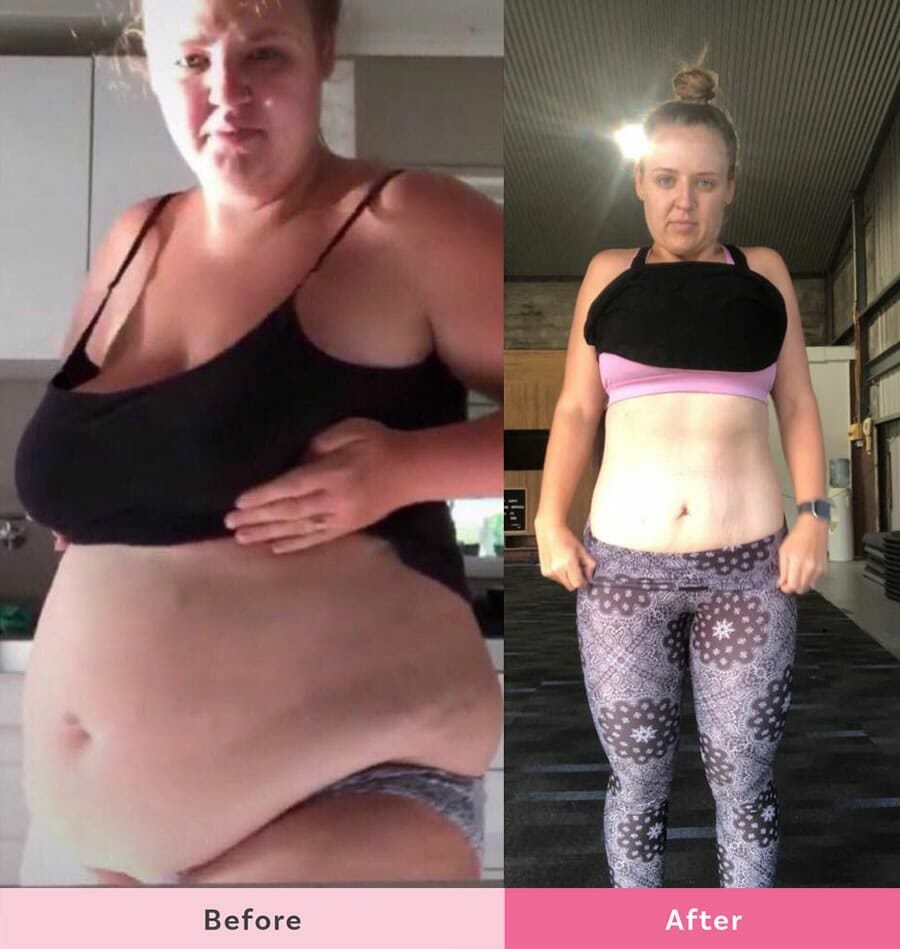5 Experts Tips For Keeping You And Your Bub Safe In The Heat
It's really important that both you and your baby stay as healthy as possible in the heat, so we've consulted with an expert for some easy tips.
Hot enough for you? Many parts of Australia are sweltering through an incredibly warm summer, with temperatures pushing 40ºC during the day and unbearably balmy nights following. It’s really important that both you and your baby stay as healthy as possible in the heat, so we’ve consulted with an expert for some easy tips.
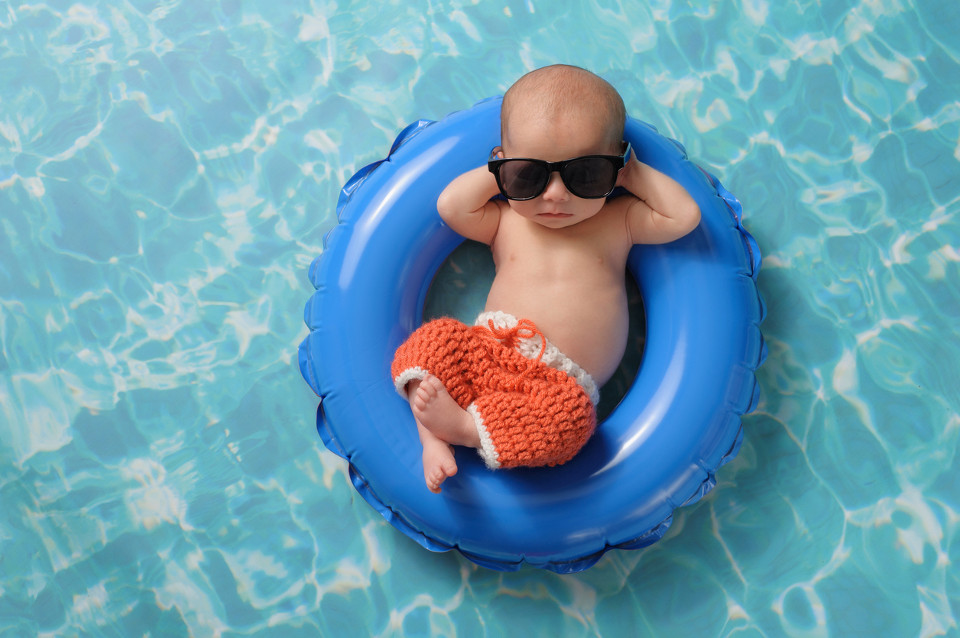
Top tips for staying healthy in the sun
In particular, people and children with respiratory problems have been in the spotlight with poor air quality in some states prompting concerns for those with asthma and other respiratory conditions. Philips Air and National Asthma Council Australia spokesperson Siobhan Brophy has shared her top tips for staying healthy in the heat.
1. Travel safely and time your errands
Have a look at what the forecast is, and if the mercury is pushing through the 30ºC barrier, make sensible decisions about when you’ll be taking your baby outdoors.
“Avoid travelling with your baby in extreme heat where possible,” Siobhan explains. “At the risk of sounding like the apocalypse is coming, consider staying indoors and avoiding outdoor exposure during the day, particularly if you’re finding that the hot weather and the poor air quality is a trigger for you or your baby’s respiratory problems.
“If you do need to travel by car with your baby, try making the trip in the coolest parts of the day, which is usually early morning. Use sunshades on windows and never cover your baby’s capsule with a rug or towel to shade them from the sun as this will restrict air flow around your baby.”
2. Avoid the triggers you can control
Siobhan recommends making your own immediate environment as healthy as possible, which may help when conditions outside aren’t favourable.
“It’s difficult to control the outdoor pollution you’re exposed to but it’s possible to have an influence on your indoor environment to keep your baby healthy. Volatile Organic Compounds (VOCs) are good to look out for – some occur naturally but others can cause irritation for allergy and asthma sufferers.
“VOCs can come from furniture, paint, flooring (particularly when new) as well as cigarette smoke, so stay clear of second-hand smoke, particularly indoors. You can also ensure that any cleaning products you use in your home have a low level of VOC chemicals – check the labels carefully.”
3. Monitor heat indoors
Making sure your baby’s nursery is prepared for the heat is essential – here’s what Siobhan recommends:
“Use a nursery thermometer to maintain a comfortable heat in your baby’s bedroom, ideally between 16 to 20 degrees. Keep all blinds and curtains closed during the day and use a fan to circulate the air, but ensure it’s not blowing directly on the baby.
“To help your baby sleep, dress him in a singlet wrapped with muslin cloth, and have the bare minimum number of items in the cot, including toys and rattles to maximise ventilation.”
4. Monitor rashes
This is a really important tip – especially for first-time mums who may not be aware of what heat rash can look like.
“Some babies are susceptible to heat rash or prickly heat, causing very small pinkish-red or clear blisters on the face, neck and in the skin folds, especially in the nappy area,” Siobhan explains. “To avoid any heat rashes, if your baby’s skin feels hot to touch, gently sponge them with lukewarm water or bathe them in a cool bath but make sure to dry all their skin folds afterwards.
“If the rash persists after two to three days, visit your GP. If you or your baby has asthma call the national 1800 ASTHMA helpline (1800 278 462) for advice and support.”
We’ve also put together some information on 14 newborn rashes you need to know about, but make sure if you have any concerns about your baby’s rash you visit your doctor.
5. Filter your air
Siobhan says, “We filter many things in our lives, however not a lot of us filter the air in our homes. Air purifiers contain filtration technology to purify the air in your home by getting rid of contaminants such as allergens, VOCs, viruses and gases.
“An air purifier has been clinically proven to alleviate symptoms associated with pollen allergy in international clinical trials so it’s certainly worth checking out one of these gadgets as a long-term investment for your family.”
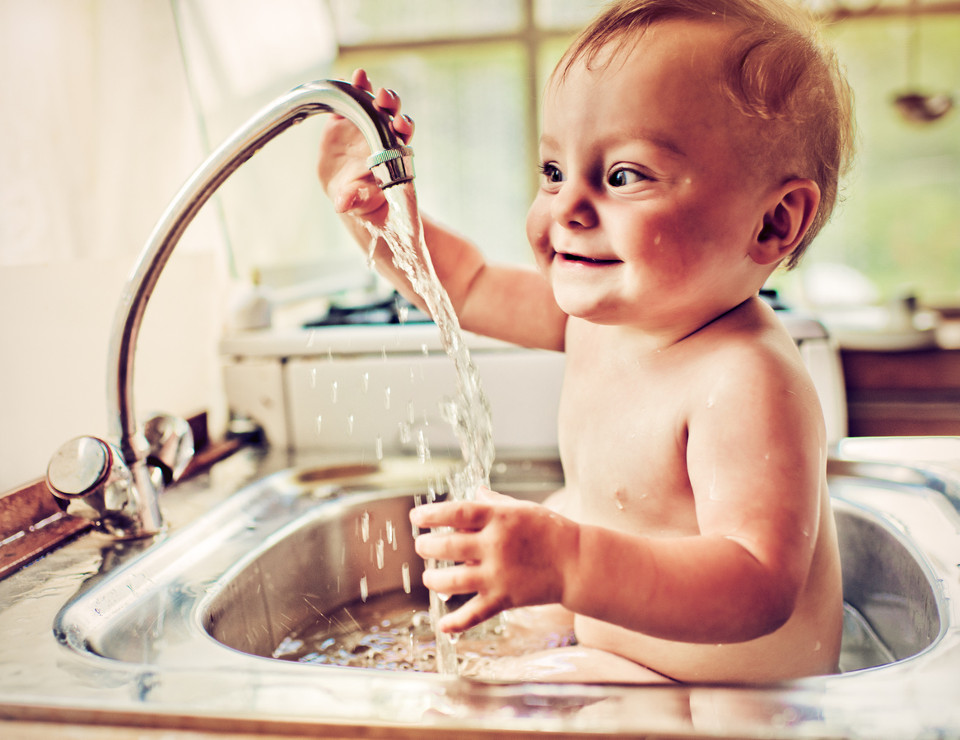
Keeping your cool when the heat is on
Many mums are concerned about using air-conditioners with tiny babies in the house, but Siobhan says it’s all about keeping bub at the correct temperature.
“The most important thing is to keep your baby’s temperature right. Be aware that moving air will likely have a cooling effect, so try not to have the air flow blowing directly at your baby. This will also help avoid the dehydrating effects of some air-conditioning.”
What should we be aware of when an air quality warning is issued?
“Know what triggers are important to you and your family,” Siobhan says. “If you or your children are allergic to pollen, keep an eye on the pollen forecast. On high pollen days, try to avoid spending time outdoors (particularly 7–9am and 4–6pm) and keep the car windows closed with the cabin air set to recirculate.
“Experts are still trying to work out which thunderstorm days are most risky and who they are likely to affect. In the meantime, if you wheeze and sneeze during pollen season, try to stay inside just before, during and after thunderstorms during this period.
“On days of high pollution or ozone, or when there is bushfire smoke, try to stay indoors with the doors and windows closed, doing as little outdoor activity as possible, especially later in the day. An air-conditioned shopping centre or library can be a good respite too.”
If we suspect anyone in our family has respiratory issues what should we do?
Siobhan recommends having a chat to your doctor is you think your child is showing signs of asthma (like a wheeze, cough of shortness of breath).
“Try to make a note of how often they get the symptoms and what they are doing at the time. If you’re concerned that your child sometimes has noisy breathing, try to record this if you can (e.g. on your smartphone).
“This will be helpful for the doctor to work out what’s going on. If your child is having difficulty breathing, seek medical help straight away.”
If you’re expecting and are battling to keep your cool this summer, take a look at our tips on handling the heat while pregnant.

